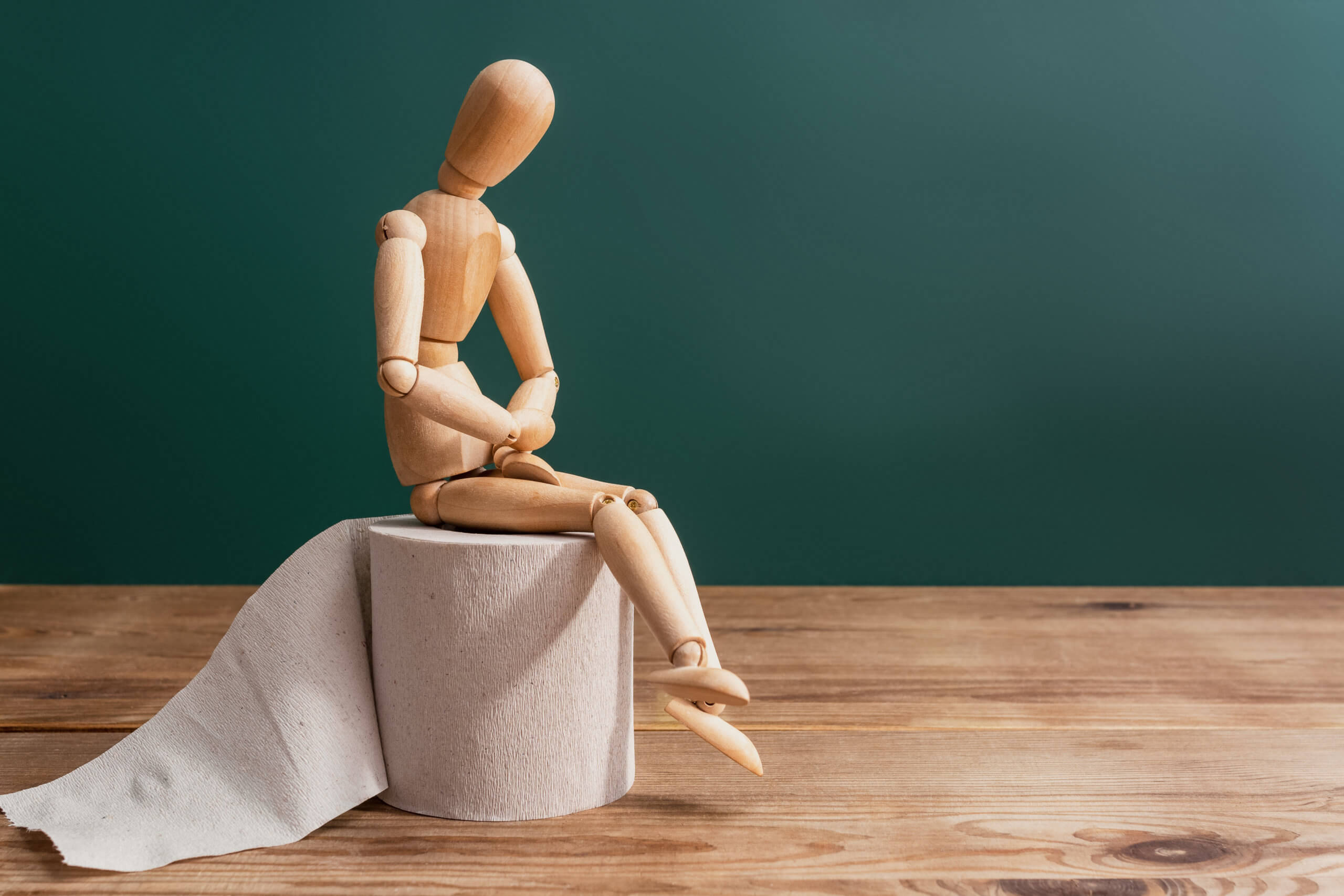Talking to the doctor about gut health and digestive issues — especially when it comes to toilet talk — may seem taboo to some. But a new survey reveals nearly one in five people (18%) don’t consider the frequency of their bowel movements to be “normal.” Despite this, many people aren’t going to the doctor when they should.
The poll of 2,000 British adults also finds that one in four people have digestive issues, such as constipation, which causes them discomfort — but have simply “learned to live with it” rather than getting it checked out. In fact, about one in eight adults (13%) haven’t had a digestive symptom treated or diagnosed because they don’t feel they understand enough about their digestive system and how it works.
When it comes to evaluating the health of their bowel movements, nearly a quarter (24%) aren’t sure what to look out for. Another 17 percent fear doctors won’t take them seriously if they try to make an appointment to discuss their digestive symptoms. Perhaps the biggest issue, however, is that 76 percent feel there really is a “poo taboo” and are generally embarrassed to talk about their bowel movements.
Add that to the fact that 44 percent admit to struggling with constipation, and 39 percent have battle “trapped wind,” it’s no surprise that people simply feel awkward to tell someone else.
“We know, for so many, the embarrassment that comes with ‘the poo chat’ can limit our understanding of our digestive system and stop us receiving the treatment we might need,” says Marguerite de Durfort, a spokesperson for UK constipation remedy Fybogel, which commissioned the research.
Nearly half (46%) feel the poo-taboo has evolved because gut health and digestive matters are unattractive subjects to discuss. Thirty-six percent say they were simply taught it’s “rude” to talk about it. And another 25 percent worry that sharing details about their bowel habits may also reveal things about their lifestyle choices.
The study also finds that three in 10 (29 percent) of those who suffer digestive symptoms have increased stress levels related to their discomfort. More than a quarter (26 percent) report having trouble sleeping. That same number also lacks energy in their day-to-day lives, with 19 percent admitting their workplace productivity was affected.
Nearly three in five (58%) went as far as to say their digestive health has a direct impact on their mental health.
Interestingly, 41 percent of Brits have turned to exercise to try and improve their digestive health. Forty-four percent say they have upped their fluid intake, with lifestyle changes being the first recommended line of treatment for constipation sufferers.
“If we want people to take anything away from our research, it is that digestive symptoms are common,” says Fybogel’s De Durfort. “And people should not shy away from talking to those they feel most comfortable with to family, friends, a medical professional, etc.”
Report by 72Point writer Steve Richmond
